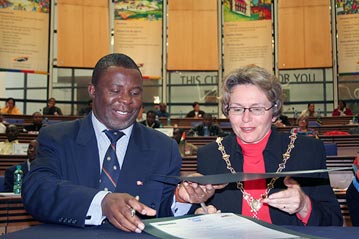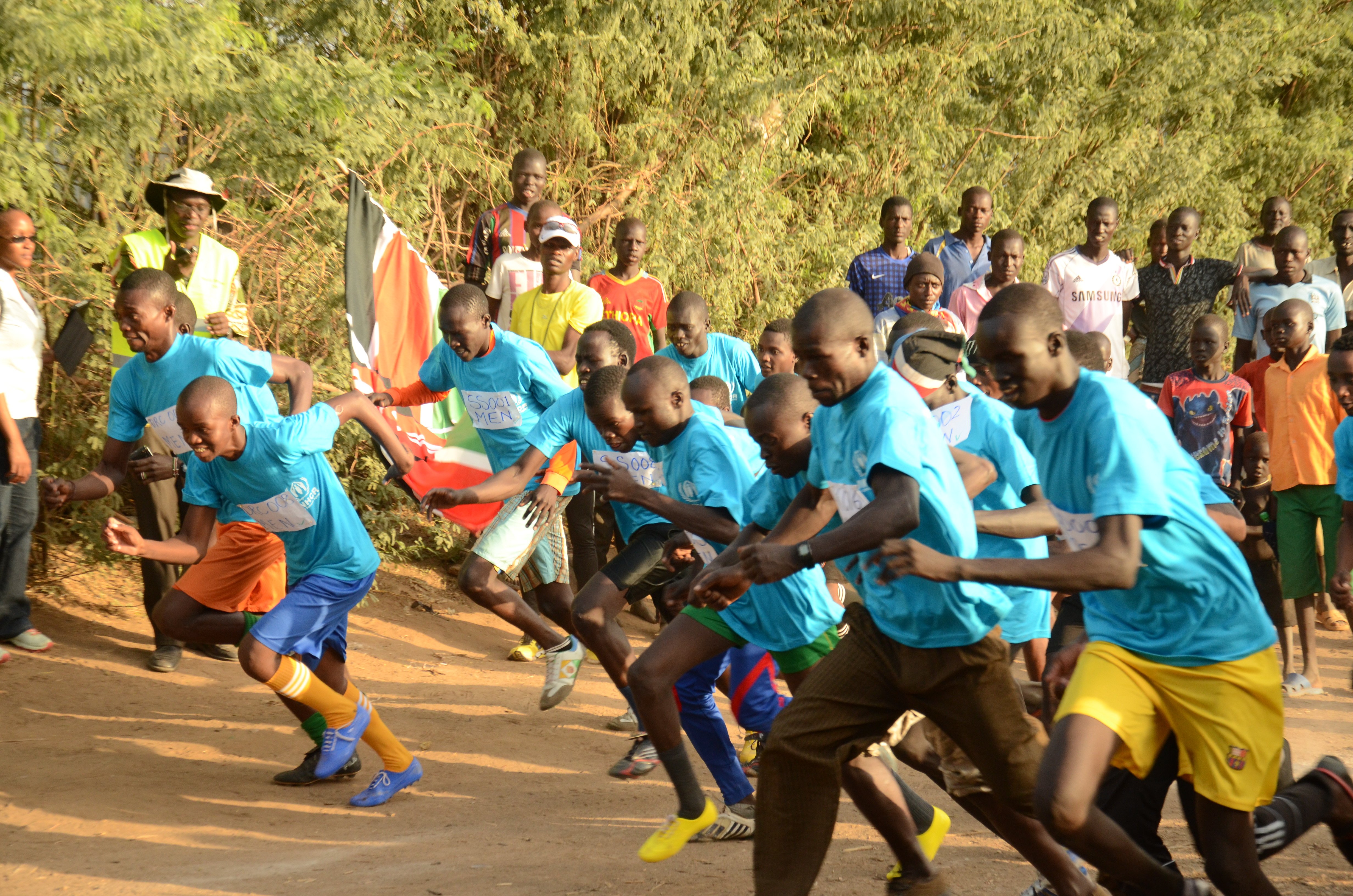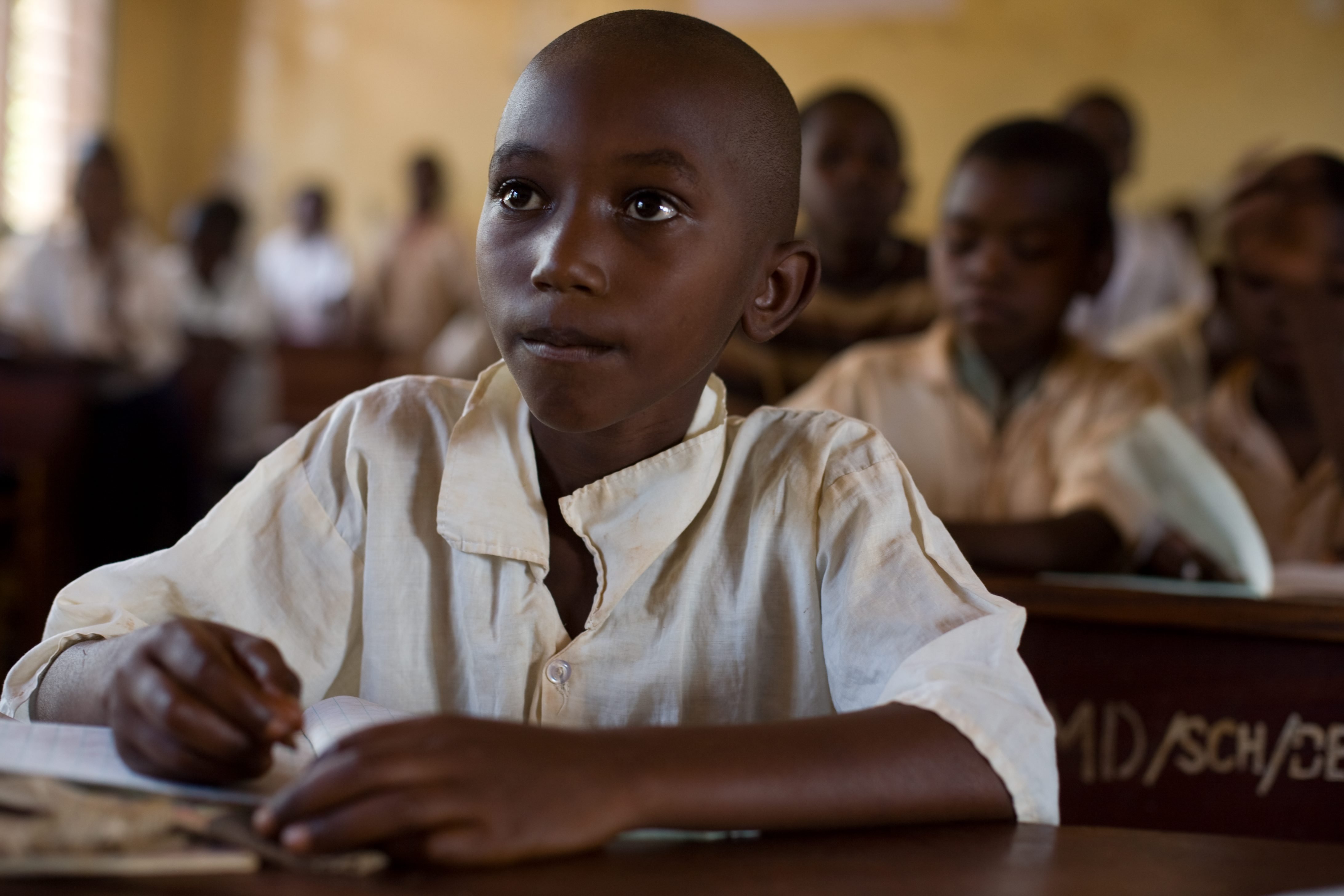Cape Town issues groundbreaking declaration of rights for its refugees
Cape Town issues groundbreaking declaration of rights for its refugees

CAPE TOWN, South Africa, 21 June (UNHCR) - Cape Town, home to thousands of refugees, has issued a formal pledge to honour the legal rights that South Africa has promised to refugees. The coastal metropolis also pledged to support their integration into local society.
The Declaration on Refugees' Rights - signed on World Refugee Day (June 20) by the city's mayor, UNHCR and Tutumike, a regional umbrella organisation for refugee support groups - came in a city already known for its diversity and tolerance. The proposal for the groundbreaking declaration was an initiative of the city.
"Many of the people who are seeking asylum here have been displaced due to their political beliefs or because of serious political conflict," Helen Zille, mayor of Cape Town, told the gathering in the council chambers. "Many have experienced physical threats and violence, and also the emotional trauma of being separated from their families and homes.
"We must ensure that we live up to our constitutional and humanitarian responsibility to acknowledge and assist them," she said.
The declaration - a reflection of the large number of refugees and asylum seekers in the country - notes that South Africa has granted recognised refugees virtually all the rights of citizens of the country, with the exception of the right to vote.
That includes the right to work, access to primary education and basic health services at the same charge as South Africans, the right to access secondary and tertiary education and the full protection of the Bill of Rights of the South African constitution.
"The city of Cape Town agrees and undertakes within its legal and constitutional mandate to uphold and recognise the rights of refugees, to strive - within its means - to give effect to these rights, and to support refugees' local integration into society," concludes the declaration.
The move to emphasise help for urban refugees - the vast majority of refugees and asylum seekers in South Africa - came as the national government formally launched a project to tackle the backlog of more than 100,000 asylum applications. South Africa has approximately 30,000 recognised refugees.
Most of those with refugee status or seeking asylum have fled other parts of Africa, including the Democratic Republic of the Congo, Somalia, Ethiopia, Angola, Zimbabwe and Rwanda. But South Africa also has high numbers of asylum seekers from the Indian subcontinent.
At a ceremony in Johannesburg on World Refugee Day, Minister of Home Affairs Nosiviwe Mapisa-Nqakula said the government hoped to clear the backlog over the next year. Cape Town itself has about 10,000 recognised refugees and about four-times as many asylum seekers waiting for a decision.
Mayor Zille backed up complaints of refugees at the Cape Town conference that the Department of Home Affairs, which is in charge of determining refugee status, had to ensure "the right of refugees to speedy and corruption-free processing" of applications.
But Zille also reminded refugees that many South Africans also face difficulties and have yet to receive all the benefits they expected would follow the establishment of democracy. "When we look around us, we see many South Africans live like refugees in their own country."
She emphasised that refugees have obligations to respect the laws of South Africa and the rights of others in the country, noting that the actions of a few can fuel resentment against all refugees.
However, Zille said refugees also bring skills and cultural diversity that further enrich one of the continent's most dynamic cities. The Cape Town gathering brought together about 200 refugees from 18 countries.
"I hope that today's conference will help to generate greater understanding and dialogue around why refugees come to the city and how they fit in," the mayor said. "And in the process, we must also remember that in many cases we benefit from their decision to make Cape Town their new home."
By Jack Redden in Cape Town, South Africa






